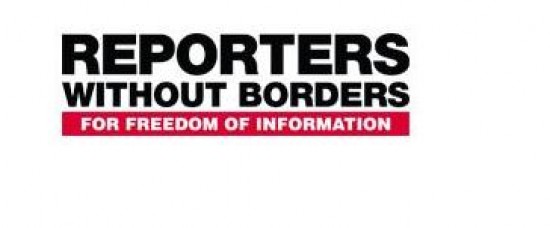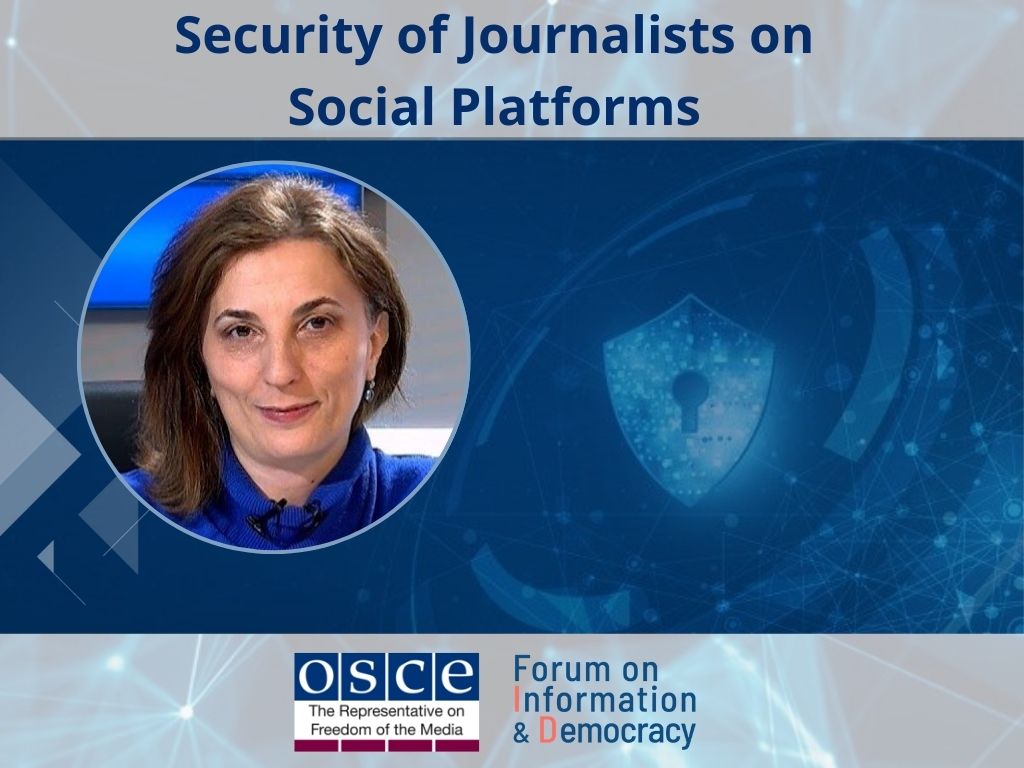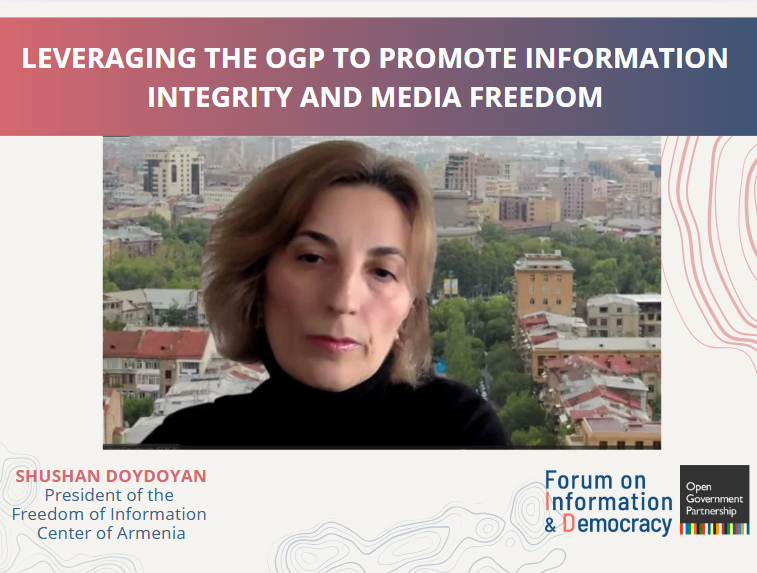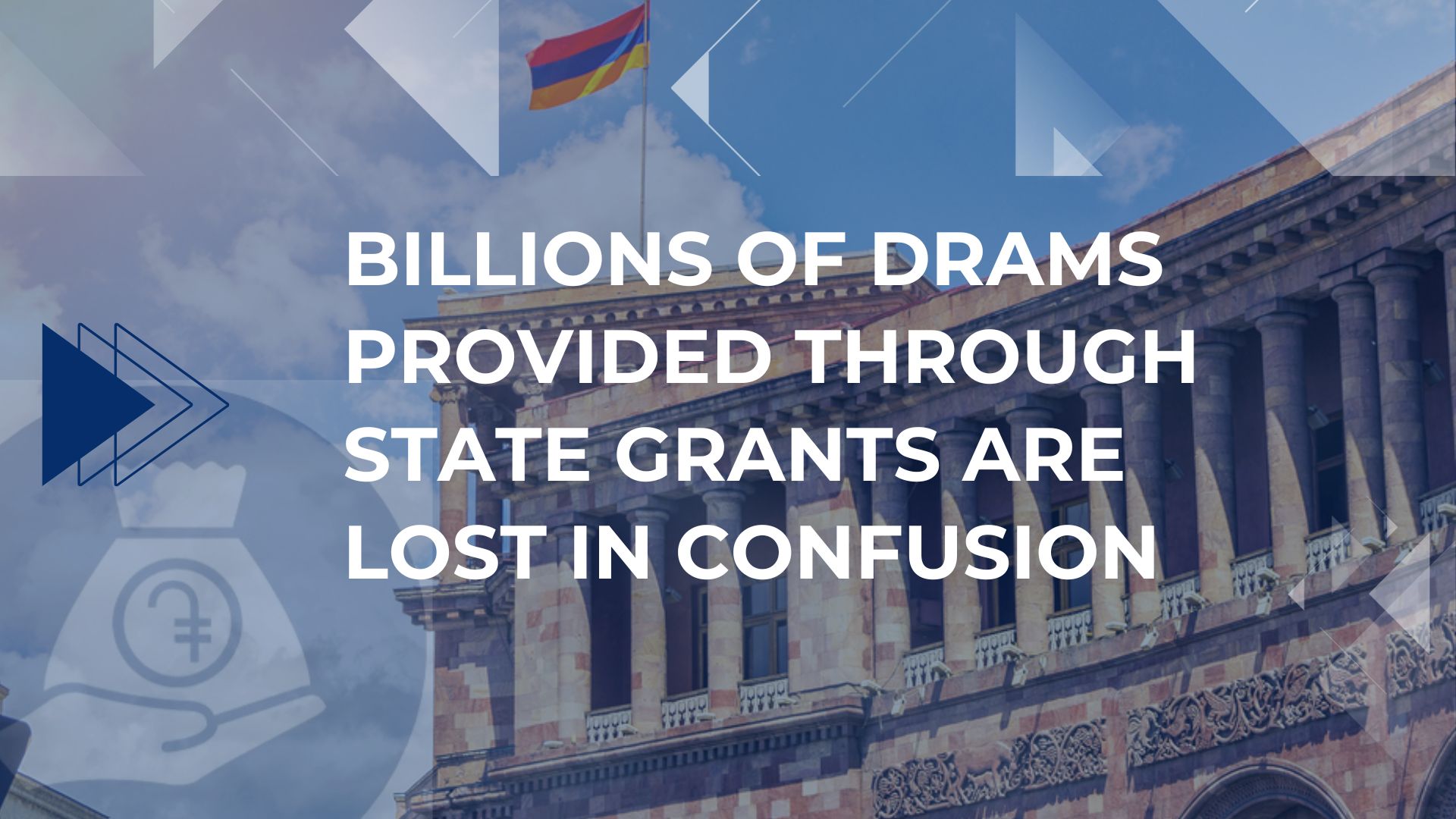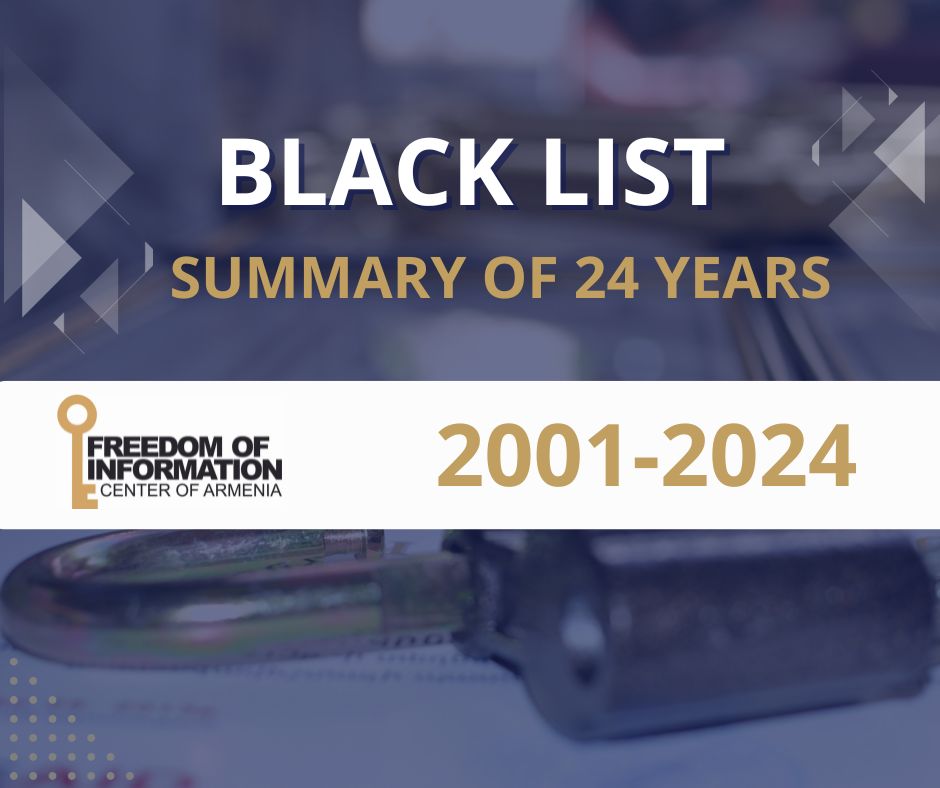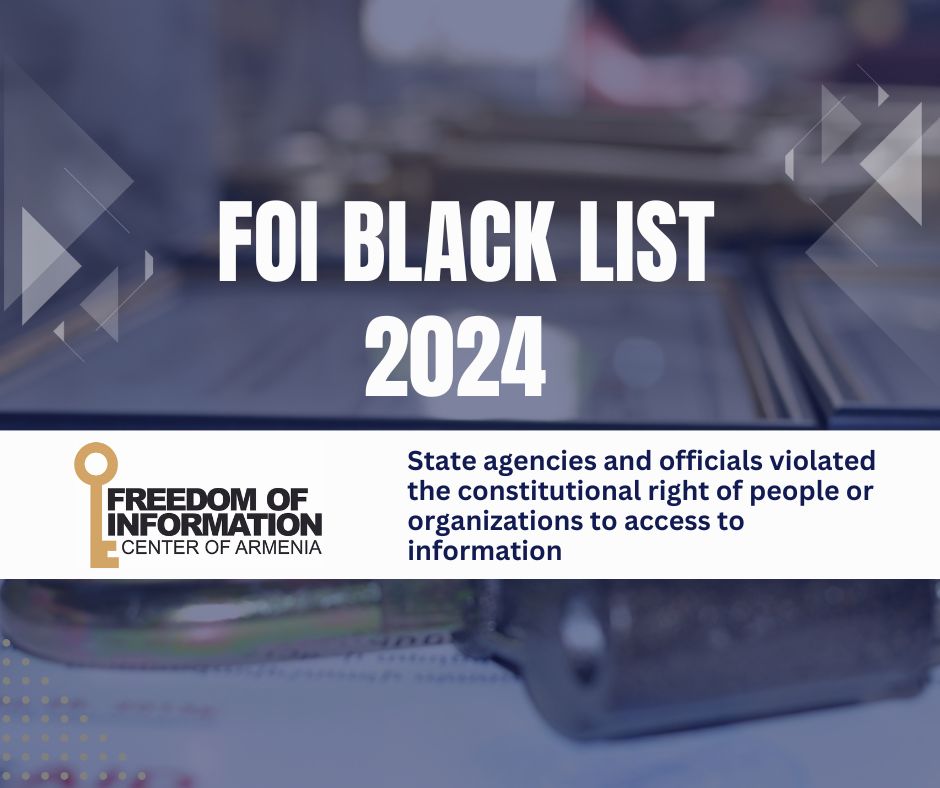Reporters Without Borders is very worried by a bill amending article 1087.1 of the RA Civil Code that Armenia’s parliament is to debate tomorrow. It would hold media responsible for comments posted on their websites and for content they reproduce from elsewhere on the Internet.
The parliamentarians who drafted the amendments say their goal is to combat the spread of defamatory or insulting comments online, which is being encouraged by online anonymity.
“Although the goal given by the parliamentarians is praiseworthy, this bill poses serious dangers to online freedom of information in Armenia,” said Johann Bihr, the head of the Reporters Without Borders Eastern Europe and Central Asia desk.
“The bill’s vague and broad wording gives too much leeway to the judges who interpret it. But the problem is more than just the wording. The media cannot be held responsible for content they did not create and online anonymity is one of the founding principles of the Internet as a space for debate and freely reported information.”
Bihr added: “We urge the parliamentarians to withdraw this bill and to support self-regulation.”
The authors of the bill, which was registered in parliament on 4 March, say they just want to end anonymity with regard to defamatory comments reported by the media or posted in the “comments” section of online media. But, as its wording is ambiguous, there is concern that the term “media” could be applied to all production of online content, including blogs and social networks.
Furthermore, the proposed amendments provide no definition of the “anonymous user” whose comments would become the responsibility of the media that cite them. The use of pseudonyms and avatars is so widespread on the Internet that its scope seems unlimited.
Finally, if they do not want to be held responsible for the comments posted on their websites, the media are required to try to “identify their authors,” a demand that is both unrealistic and illegitimate.
The bill has triggered a civil society outcry, with nine journalists’ associations and media freedom groups issuing a joint statement on 14 March calling for its withdrawal.
It said the bill “created more problems […] than it solved” and that “most of the situations [cited] could be resolved within the framework of existing legislation, jurisprudence and Court of Cassation rulings, and through the mechanisms for reporting [inappropriate] comments available on social networks.”
When the bill’s authors met with the representatives of these groups on 17 March, they said they were open to the possibility of its being revised when parliament debates it but refused to withdraw it.
In a May 2011 report on the Internet, the United Nations special rapporteur for freedom of expression, Frank la Rue, said he was of the view that “censorship measures should never be delegated to private entities, and that no one should be held liable for content on the Internet of which they are not the author.”
He also said that technical intermediaries “are not best placed to make the determination of whether a particular content is illegal” and that holding them responsible entails the danger of their censoring arbitrarily in order to protect themselves.
Armenia is ranked 78th out of 180 countries in the 2014 Reporters Without Borders press freedom index. Adoption of this bill would probably have an impact on its ranking in next year’s index.

